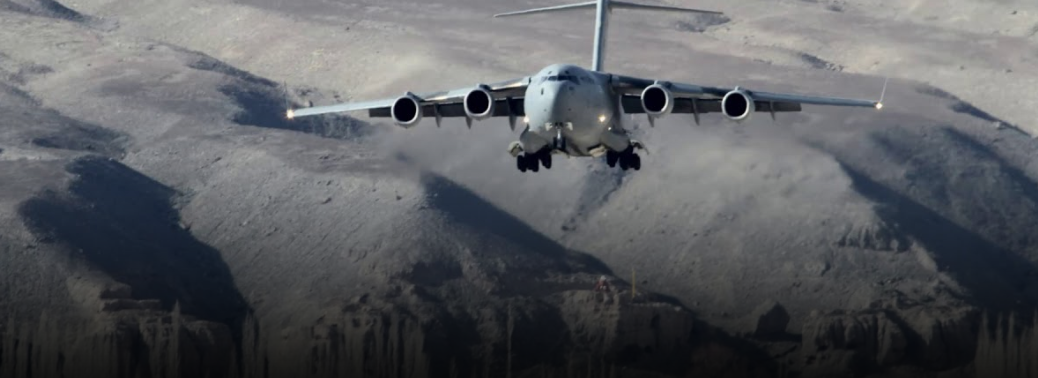AVIATION SECTOR FACES HEAT OVER WARMING
10, Jun 2019

Prelims level : Environment
Mains level : GS-III Technology, Economic Development, Environment
Why in News:
- Under pressure from frequent flyers alarmed over climate change, the airline industry says it is “hellbent” on reducing emissions — but the technology needed to drastically reduce its carbon footprint is still out of reach.
Background:
- Climate change is here and affecting our health, with extreme heat in particular also having effects on productivity, food supply and disease transmission, a new global report finds. According to Indian Meteorological Department, Heat wave is considered if maximum temperature of a station reaches at least 40°C or more for Plains, 37°C or more for coastal stations and at least 30°C or more for Hilly regions.
- Socio-economic Impact of Climate Change
- Since 1990, every region of the globe has become steadily more vulnerable to extreme increases of heat. Increased exposure to heat can cause
- A. A decrease in labour output
- B. Burden health systems ill-equipped to cope with the effects of heat stress
- C. Promote the spread of diseases like cholera and dengue fever across endemic areas.
- Climate change threatens to undermine the public health gains of previous decades.
- With each additional tonne of carbon dioxide emitted costs India $86 — almost double the expense borne by the USA ($48) and Saudi Arabia ($47), according to a study. IPCC warned that if the global community are not able to limit a temperature rise to 1.5 degrees,
climate-related risks to livelihoods, food security, health, water supply and human security will further intensify.
Way Forward:
- Advance implementation of local Heat Action Plans, plus effective inter-agency coordination is a vital response which the government can deploy in order to protect vulnerable groups.
- This will require identification of “heat hot spots”, analysis of meteorological data and
allocation of resources to crisis-prone areas. - Ahmedabad Municipal Corporation (AMC) has adopted a heat action plan which necessitates measures such as building heat shelters, ensuring availability of water and removing neonatal ICU from the top floor of hospitals.
- It has helped bring down the impact of heatwave of vulnerable population. Similar action plan should be developed by other states also.






